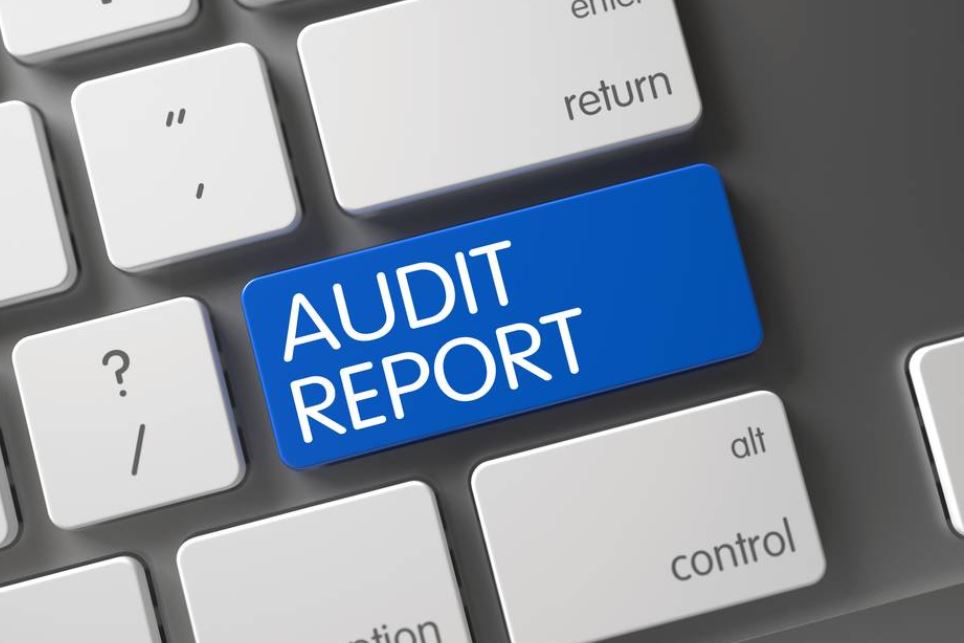The Paradigm Leadership Support Initiative (PLSI), a non-governmental organisation, has published its subnational audit efficacy (SAE) index for 2022.
The organisation released the report on Wednesday in Abuja.
The report focused on the level of transparency and accountability in the management of public funds and implementation of public policies in the 36 states of the federation.
In the report, the 36 states were ranked based on eight scoring parameters, which include, audit legal framework and operationalisation; submission of annual activity report; type of audit document published online; implementation of house resolutions on audit recommendations and evidence of performance audit.
Advertisement
Other parameters are availability of citizens’ accountability report; civil society/media participation in the audit process and effectiveness of the public accounts committee.
In the report, Akwa Ibom state was ranked in the first position with 69 percent, followed by Yobe with 63 percent And Katsina with 50 percent.
The report indicated that Abia, Benue, Borno and Kano states occupied 33, 34, 35, and 36 positions respectively having recorded 12%, 10%, 5% and 3% in that order.
Advertisement
The report added that that only 2 out of 36 states have made progress towards implementing financial autonomy for the audit office.
“Also, 21 states did not publish full audit report for 2021 and only 11 out of 36 states published citizens’ accountability report for 2021 online,” the report stated.
“Furthermore, none of the 36 states produced standard performance audit report on government’s programs, projects, or policies in 2021 and only 5 out of 36 states have effective public accounts committee in their houses of assembly.
“Similarly, only 2 out of 36 states are sufficiently involving civic and media actors in the audit process of their states.”
Advertisement
Speaking on the report, Olusegun Elemo, executive director of PLSI, disclosed the organisation collected data from offices of accountant-generals, supreme audit institutions, public accounts committee, and civil society organisations.
Elemo said the previous two editions of the report achieved much in incentivising transparency reports and enacting legal frameworks as the foundation for accountability.
Add a comment






